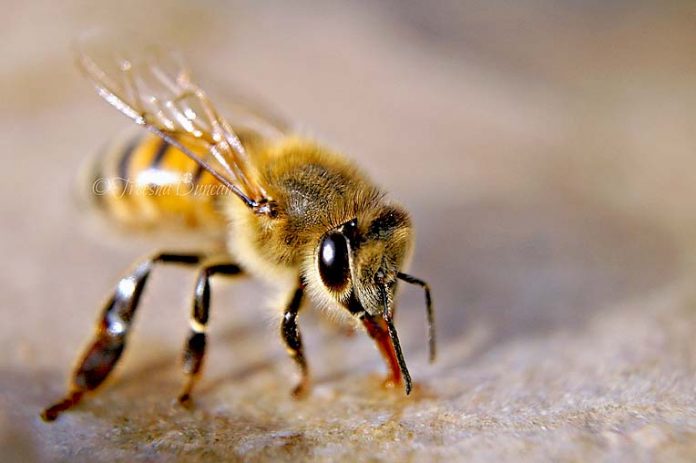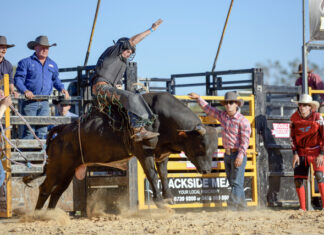SOUTH East beekeepers who choose not to register their hives could find themselves being stung by authorities.
This follows “numerous” beekeepers in South Australia, particularly the Lower South East, being discovered with unregistered hives.
Primary Industries Minister Tim Whetstone urged beekeepers in the region to register and brand their hives.
“It is concerning to hear there are South Australian beekeepers who are not doing the right thing to uphold the state’s strict biosecurity practices and are keeping unregistered hives,” Mr Whetstone said.
“Whether someone has one or two hives as a hobby or is a commercial beekeeper, all hives have to be registered and there’s no excuse for not doing so.”
Mr Whetstone said the dry conditions had impacted on bee populations and honey production and it was only through stringent biosecurity measures and monitoring of populations across the state that this important industry could be protected.
Under the Livestock Act 1997, hives must be registered and have displayed a three-letter identification code.
The annual registration fee for beekeepers with five or more hives is $42.75, plus an additional $1 per hive, which goes to the Apiary Industry Fund.
For hobbyists, with four or fewer hives there is no registration fee.
“It’s also a legal requirement that bees are only kept in approved types of hives, are provided with sufficient, suitable water within 200 metres and are regularly inspected for pests and diseases,” Mr Whetstone said.
“Beekeepers must also keep records of all biosecurity-related management practices undertaken.
“As part of annual registration, all South Australian beekeepers should read and understand the latest information on their obligations and of notifiable conditions which can impact bees.”
These measures are aimed at increasing productivity and enhancing pest and disease control so our honeybee industry and ever-growing pollination services to our horticulture industry stays healthy and flourishes well into the future.








